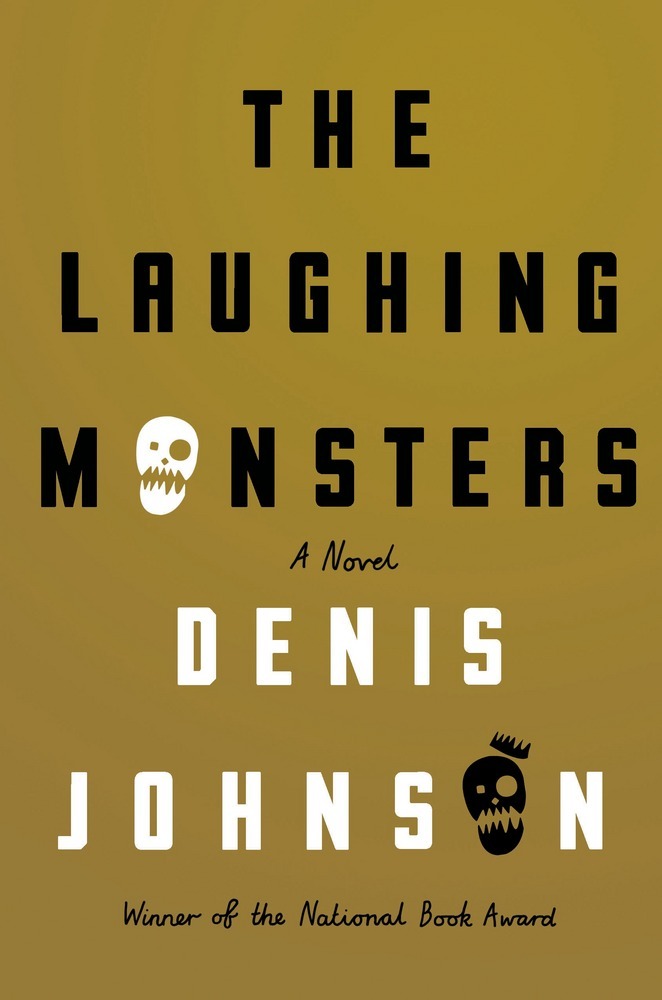
Years ago, I went to Housing Works to see Jonathan Lethem and George Saunders in conversation. Among the topics up for discussion: the MacArthur Foundation’s genius grants, of which both had been recipients. Lethem brought up an interesting angle on this: namely, that felt that he had to tell them that he would be consciously going in a different direction with his work in the aftermath of The Fortress of Solitude. Specifically, he would be exploring different tones: The Fortress of Solitude is a consciously grand book, dealing with themes of race, of family, of Art. His next novel was You Don’t Love Me Yet, a much lower-key comic novel about musicians in Los Angeles; at roughly the same time, he also co-wrote an experimental superhero comic, reimagining the Marvel Comics character Omega the Unknown.
Was is the kind of behavior you’d expect from a certified genius? Maybe not. But it’s also a reminder that artists need the space to be able to expand their range, and not necessarily swing for the fences every time. Consider Graham Greene’s classification of some of his own novels into “entertainments,” for instance. That’s not to characterize them as lightweight: his The Ministry of Fear does some unnerving things with ambiguity, for one. But that divide between “entertainments” and the idea of more serious fare came to mind as I read Denis Johnson’s new novel The Laughing Monsters.
Johnson is, at this point, a heavyweight American writer: his novels are nominated for (and win) Pulitzers and National Book Awards, and his body of work includes acclaimed nonfiction, drama, and poetry as well. The Laughing Monsters focuses on two men of nebulous national background, Roland Nair and Michael Adriko, traversing several nations in Africa amidst shifting loyalties and the aftermath of numerous conflicts. Readers of Johnson’s nonfiction collection Seek: Reports From the Edges of America & Beyond will note that the “& Beyond” in there is telling–though I tend to think of Johnson as a writer focusing on American history, he also acts as a foreign correspondent in several of the pieces here, writing about the Liberian civil war and his own sometimes-troubling feelings as a white American of a particular generation traveling in Africa.
Though there are questions of race and nationality posed in The Laughing Monsters, they’re more in the background; the narrative moves from country to country, as its three central characters (Nair, Adriko, and Adriko’s fiancée Davidia) shift loyalties and are ambiguous about their true motivations. That ambiguity lends a certain charge to the novel; at the same time, its tone is far more grounded than some of Johnson’s other, more philosophical works. The Laughing Monsters feels like a Denis Johnson spy novel–which is not a bad thumbnail description, but is also an unlikely blend of author and milieu.
At the same time, expectations can be thorny. And while I didn’t necessarily find myself as haunted by The Laughing Monsters as I was by works of Johnson’s from Train Dreams to Resuscitation of a Hanged Man, I also don’t begrudge him wanting to try something different, to work somewhat outside of his comfort zone. I’ll be curious to see what Johnson’s next foray into fiction turns out to be, and what cues (if any) it’ll have taken from The Laughing Monsters. Sometimes, you just want to write about espionage. Sometimes, it’s a proof of concept that will bear even greater rewards somewhere down the road. Time will tell where this fits in to Johnson’s imposing, challenging body of work.
Follow Vol. 1 Brooklyn on Twitter, Facebook, Google +, our Tumblr, and sign up for our mailing list.
